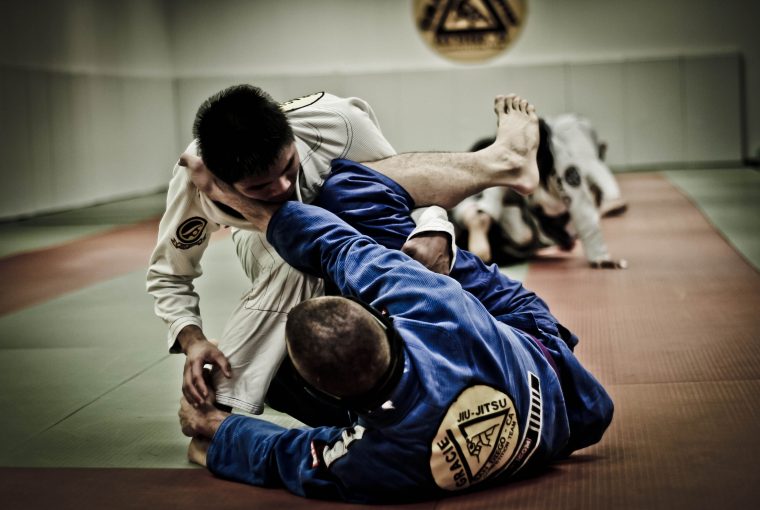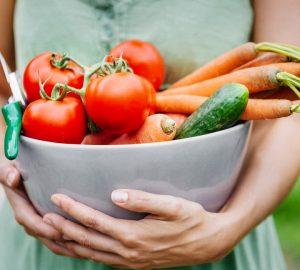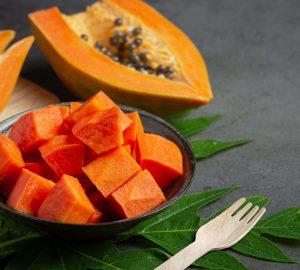Training for Jiu-Jitsu is an amazing way of boosting overall health & wellness. But, if your combat training isn’t backed up by a healthy diet you may be reversing all the fitness benefits this sport can provide. The concept of a “proper diet” to fuel your training has evolved so much in the past years in athletic trends.
Nutritional needs vary from person to person depending upon their fitness level and training intensity. But some key principles are standard. 95% of jiu-jitsu practitioners need to consider practically applying these principles for great performance. All the other greats will kick in like a bonus.
Diet For BJJ
Jiu-Jitsu is an incredibly fun & rewarding physical activity. But it demands discipline & sacrifice. You might have heard BJJ athletes give the sacrifice of blood, sweat, & tears just to keep rolling. Giving up the favorite post-training snack, or midnight cravings can be something you have not prepared as much for. Two major components make up your diet plan
- Meal Composition
- Meal Frequency
It requires a little work to determine the style of diet that fits according to your schedule, training intensity finances & current health. The diet of an average BJJ practitioner might be different from pro-BJJ competitors. Your age and gender also affect the formation of your diet plan. As the human body’s dietary needs majorly depend on hormonal & metabolic activities. For knowing more about BJJ fitness click here. Following are some of the diet plans that you can take into consideration.
1) Veganism
A lot of Jiu-Jitsu athletes consider this a viable diet to fuel your training. Veganism tends to be more restrictive and limited than vegetarianism. It doesn’t allow the consumption of any animal byproducts. A lot of people consider it a trend that crosses philosophical & ethical territory. Unlike other diets veganism demands a proper overhaul of the style of your consumption.
Regardless of the fact whatever diet plan you choose to follow, it doesn’t change your nutrients needs. Which are mainly protein, iron, fatty acids, iron, vitamin D, and vitamin B12. They are way easier to get by meat & dairy. Vegan diet plans demand proper planning & diligence for making sure that you are getting a sufficient amount of quantities of essential nutrients. But it can be costly. The benefits of a vegan diet extend beyond the mats while offering weight control & regulated cholesterol levels.
2) Intermittent Fasting
An athletic diet only works when it is properly followed. Intermittent fasting is an eating routine. It is relatively less restrictive when it comes to the foods you are allowed to eat. This diet plan primarily focuses on when you should eat. Intermittent fasting plans work by prolonging the time during which your body burns the calories you consumed in your last meal & switch to burning fat.
Developing an eating schedule and pairing it with a rigid BJJ athletic schedule has multiple health benefits. Proper discipline is needed for making sure that you are not fuel your training with snacks outside your mealtime. Intermittent fasting develops the determination of not breaking my fast that accompanies the principles of BJJ. One of the aspects that you may find attractive is that this eating plan doesn’t restrict the food types
3) The Gracie Diet
It won’t be false if we state that at least considering the Gracie diet is your obligation to be a Jiu-Jitsu player. As restrictions & tenets are concerned, the Gracie Diet isn’t revolutionary at all. It combines certain elements of intermittent fasting along with the consumption of nutrient-rich foods. It demands a certain combination of foods in each meal. Comprising 3 meals per day with 4-5 hour break in between. You have incorporated foods from the following groups in each diet.
Group A – Comprised of greens, vegetables, meats, fats, seafood, & oily foods
Group B – Comprised of starches
Group C – Comprised of sweet fruits, fresh & creamy cheeses
Group D – Composed of acidic fruits.
Group E – Comprised of raw bananas.
Group F – Comprised of milk
The Gracie Diet plan is way lenient & shares multiple elements of different diet programs. And way easy to start compared to others’ plans.
Diet tips for Jiu-Jitsu Practitioners:
No matter which diet plan you follow here are certain tips that will help in getting the best of each plan to fuel your training.
- Avoid as much sugar as possible:
Sugar promotes body inflammation, tiring sports like jiu-jitsu itself promote body soreness, consuming sugars with such training isn’t a good approach. Avoiding it can be tricky as well. Sugars are hidden everywhere even in your healthy foods such as salad dressings, tomato sauces, and yogurts. Read the labels carefully of whatever nutrient you buy. If you have a sweet tooth, the best time to take sweets is before and during your hard workout.
- Stay Hydrated Throughout the day:
Drink plenty of Plain water throughout the day. Not sweetened, flavored, sports drinks, lemonade, iced tea, vitamin water, etc. Drinking sweetened water can have negative impacts on your training. Some show that sugar-free drinks can confuse the body & bring you down to consume more calories which has horrible effects on your training. Consider drinking up to 4 liters-1 gallon of water in a day. Carry a water bottle with you all the time. Refill it and drain it before all three meals in the day.
- The more you work out, the better your diet has to be
The human body strengthens itself after the training, not during it. It’s the post-training time when the body begins to heal itself. So make sure you take nutrition according to your training intensity. It will help your body recover fast recovery. High-intensity training accompanied by a bad diet can make you vulnerable to injuries.
Pay attention to what you are feeding on after your workout. Consume carbohydrates and proteins after half an hour of your workouts. Take less processed food even on non-training days Build a habit of clean eating.
- Eat a lot of colorful veggies
To fuel your training, your diet should primarily be composed of vegetables. Your salads should be made up of green and raw vegetables such as broccoli, kale, green onions, cauliflower, peppers, carrots, sprouts, beans, beets, cabbage, etc. More vegan and raw food you eat, the healthier you tend to be. As we have mentioned earlier a purely vegan diet requires a lot of work & commitment. A lot of people Your system can’t absorb that much protein tends to go crazy on meat when they are working out or practicing high-intensity sports such as BJJ. But the truth is your body is capable of absorbing only a certain amount of protein at a time. A vegan diet combined with meat is the healthiest approach for athletes.
- Do not rely too much on supplements
The human body functions most efficiently and effectively when it’s fed on nutrients taken in its natural state. There might be a lot of advantages to consuming multivitamins & supplements. And they are unlikely to cause you any harm. However, all of them are not safe to use. Even if they are, you must limit their consumption. Overdose of anything leaves damaging effects on your health. Plus they can be heavy on your pocket as most of the supplements are pretty expensive.
Clean eating is certainly not easy especially in today’s world where processed food is common more than ever. Tasty, yet unhealthy diets are available around every corner that are time-saving and easy on pockets. However, the benefits of moderate amounts of self-control and discipline regarding food outweigh the sacrifices. A healthy diet not only benefits your Jiu-Jitsu training but gives you lifelong advantages.




